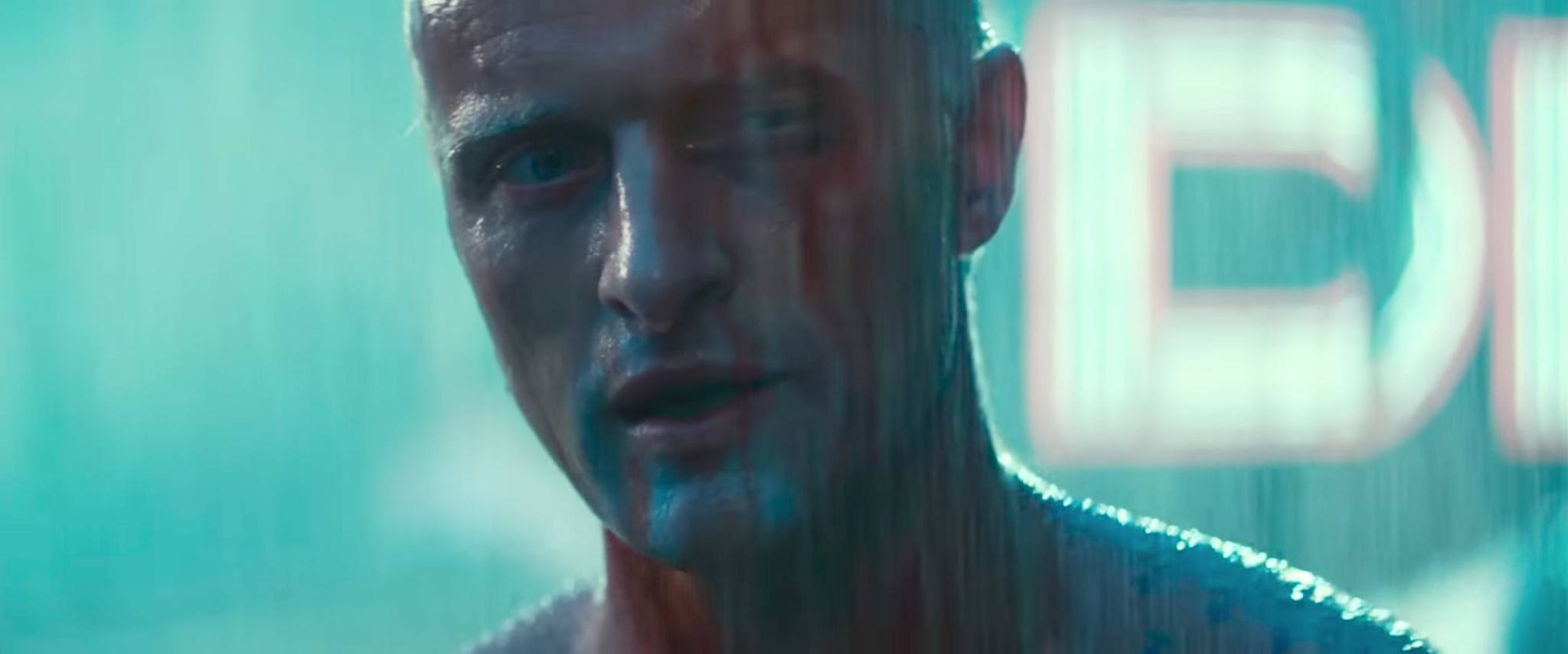Remembering a composer who combined tenderness and the transcendental like few others
Since his death earlier this month at the age of 79, the majesty of Vangelis has been widely celebrated. Images of him in his 1970s pomp accompanying the tributes have helped. He appears like a hirsute, brooding god in open shirts and medallions, surrounded by the tools of his trade: banks of shimmering synthesisers.
Other regularly repeated facts amplify this stature. His scores for films won awards and similarly sizeable acclaim; even his entry into music came in spite of background drama. As a member of Greek psychedelic heavy rock band Aphrodite’s Child, he fled a 1967 government coup in their homeland for Paris. Their career began with international hit single ‘Rain and Tears’, precociously influenced by the Baroque Pachelbel’s Canon, and ended with a double concept album, 666, inspired by the Book of Revelation.
But Evángelos Odysséas Papathanassíou – who compressed his name into three simpler, spiritual syllables – was a much softer, subtler artist than his origin story suggests. His music, when you sit with it, is less about bombast, and more vulnerability, melancholy and fragility. Vangelis took futuristic sounds and ideas into the heart of the mainstream by exploring their more humane qualities, their intrinsic warmth.
It helped that his approach to composition was always more intuitive than formal. Born in 1942 in the Greek coastal village of Agria, he was playing the piano by four, but resisted formal instruction and instead preferred to play music from memory rather than manuscripts. At home, he put household objects inside the piano to see how the resonances of its notes could be changed and expanded, and how its echoes could linger for longer.
His parents loved music: his mother trained as a soprano, but didn’t pursue singing as a career; his father often played songs at home after his day job in property. Music created another realm in his family’s domestic space, one of alternative realities, of imaginative possibilities. Vangelis’s work did the same for other people after ‘Chariots of Fire’ went supernova, often being played on TV and radio. I remember his music on a bestselling CBS compilation album, Reflections, from that decade full of sun-struck TV themes and instrumentals. It included two Vangelis tracks: one used on Carl Sagan’s TV series about the origin of life and the universe, Cosmos: A Personal Voyage (1980), and the other, a version of his title music for Chariots of Fire (1981). My parents would play them on holiday, allowing the tracks to take them elsewhere. Their combined otherworldliness and tenderness attracted the curiosity of ordinary people while soothing their souls.
The story goes that Vangelis began writing the Chariots of Fire title music when he was a child: his father was an amateur sprinter who later ran for his country in the Paris 1924 Olympics, the same year in which Chariots of Fire’s story was set. Its melody has the naïve generosity of a nursery rhyme, as well as a sweetly gentle grandeur when it moved to its second verse. It became a US no. 1 single in 1982, but Vangelis had only become involved in Chariots of Fire because he saw it as ‘a very humble, low-budget film’. The image of men running across a beach was made more innocent, more hopeful, when set against the music he made: that fluttering metronomic rhythm, those two notes suggesting an optimistic siren stretching out across the oceans.
Vangelis had written film music since the 1960s, but even after winning an Oscar for Best Original Score for that classic British film, he recoiled from its machinations. ‘I’ve always been anti-success’ he told New Sounds magazine in 1985. Nor did he accept his Oscar in person. He could have gone to the US to ‘do video programs, tours and concerts and such’ he continued, ‘I didn’t do any of that’. He didn’t even collect his award, but stayed at home, with only his instruments for company. The work – and his wide-eyed, childlike immersion in it – was what mattered.
Spending time with Vangelis’s back catalogue reveals much more tenderness, even though his works are often directed towards bigger subjects. ‘La Petite Fille De La Mer’ from 1974’s bleakly-titled L’Apocalypse Des Animaux is an almost impossibly beautiful piece of music-box melancholia, showing us what innocence can be easily lost; or the wealth of wide-eyed, hopeful work he made about space, right up to his final album Juno to Jupiter (2021). He shone emotional, human sensitivity into the neon-lit shadows of Blade Runner (1982) – the film’s futuristic cityscapes become more affecting, more unsettling, because of what he brought to them.
‘Rachel’s Song’ in particular, with its keening female vocal, suggests human instinct pulsing against the terrors of technologically-warped modern life. So does ‘Tears In Rain’, accompanying the final speech of Rutger Hauer’s self-aware replicant Roy Batty – the two together are sewn forever into cinematic history. ‘I’ve seen things you people wouldn’t believe’, he tells Deckard, but with Vangelis’s score the viewer is almost inclined to disagree. From ‘Rain and Tears’ to ‘Tears in Rain’, Vangelis was always immersing himself in work that could feel sentimental to some, but to others felt intensely cathartic, confronting and expressing raw, tangible sensations.
Intense longing still wells up in Vangelis’s work when we hear it now. “Music for me is life”, he said to Prog Magazine in 2016. “Every time a sound comes out of my hands, it has been and is always instinctive… I follow this flow until the music doesn’t need me anymore.” But this music carried that sense of wide-eyed wonder with him, and will travel far beyond him.
